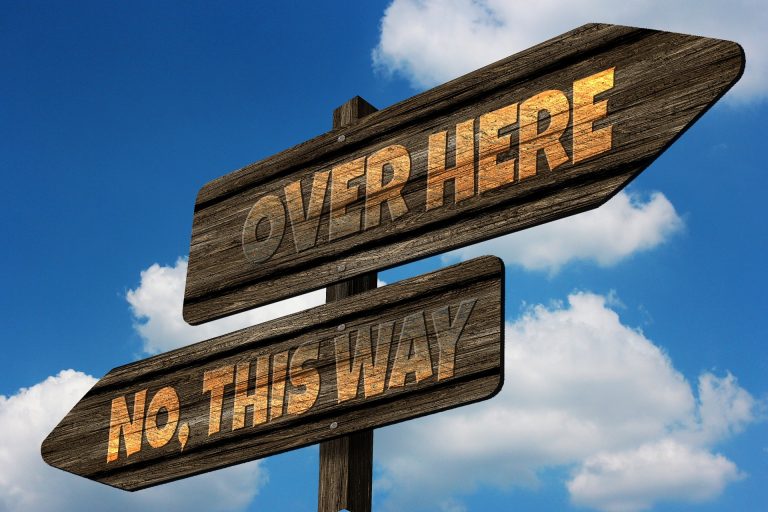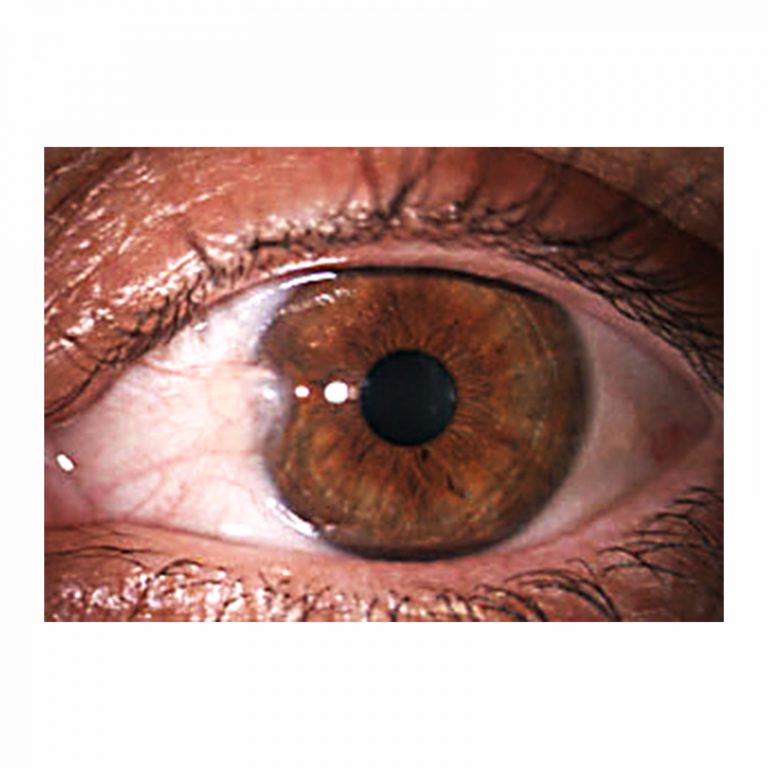Stones in the Body: How Ayurveda Can Help You Manage Kidney and Gallbladder Stone Symptoms
At the sound of “kidney stone” or “gallbladder stone,” you may instantly visualise the image of an actual stone. The truth is, these painful and dangerous little masses are nothing but an accumulation of fat that has simply hardened, and that you were unable to properly digest.
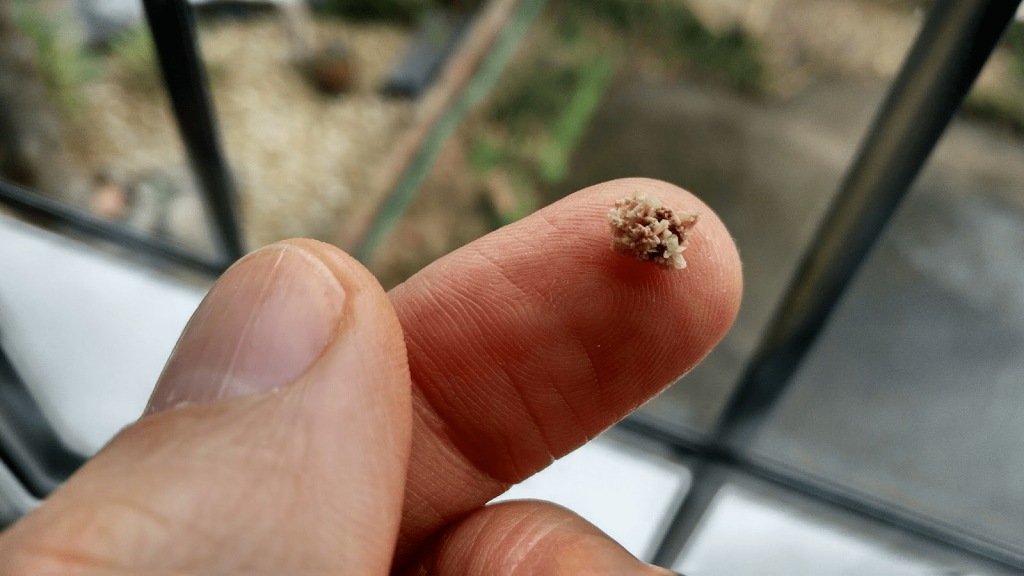
Many kidney and gallbladder stone sufferers will immediately seek medical help and even surgery once they are diagnosed. While this is highly recommended in the case of large painful stones and severe conditions, smaller stones and more minor symptoms can be managed with Ayurveda.
But how is this possible? And what can you expect from such a treatment?
The REAL Causes for Stones in the Body!
Kidney and gallbladder stones form in the body due to slow metabolism and an inadequate digestion process. This is, however, in and of itself, a sign that something internally is not functioning properly.
Why is the metabolism so sluggish in the first place?
Why the digestive problems?
These questions must be investigated. A host of root causes might be to blame which Western Medicine often fails to identify or even bother about. A holistic health system like Ayurveda, on the other hand, will make this a priority before prescribing any kind of treatment plan.
According to Ayurveda’s dosha concept, stones in the body form due to a dosha imbalance. Particularly, there are two problematic doshas that are most likely the culprits:
- Kapha excess, which is responsible for the sluggish metabolism, hormonal imbalance, and accumulation of fat.
- Pitta aggravation, which raises body temperature and “cooks” the accumulated fat until it hardens and resembles a stone-like mass.
But let’s take a look at each organ separately to gain a deeper understanding of how each stone is formed, what symptoms normally arise, and who is more at risk of developing them:
Kidney stones
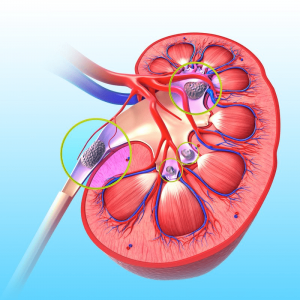
Kidney stones form in one or both of the kidneys when one’s metabolism is sluggish and the overall system is dehydrated (in this case, a Vata aggravation may also be present). There are four major types of kidney stones: calcium, struvite, uric acid and cystine, with calcium stones being the most common. Kidney stones can come in all sorts of sizes and even colours. The larger the size, the more excruciating the pain can become when passing a stone through the urinary tract. Surgery may be required, as a kidney stone left untreated can lead to infection and kidney failure. A small kidney stone, however, can be holistically managed and eventually peed out with little to no discomfort.
Kidney Stone Symptoms: One-sided pain, abdominal pain, lower back pain, nausea or vomiting. If the pain is severe or if there is blood in the urine and fever or shaking develops, this is considered an emergency and urgent medical help must be sought after. It is important not to neglect any kidney stone symptoms and seek medical help as soon as possible.
Who is more prone to kidney stones: Anyone with a diet high in salt, which can alone lead to both dehydration and kidney stone formation. People over the age of 40 who live in hotter climates are also more prone to developing kidney stones, as are those who chronically “hold” their urine for too long. Genetic factors may also be to blame.
Kidney Stone Diet: Foods to Avoid with Kidney Stones
To avoid kidney stones, you should avoid foods like peanuts, spinach, berries, rhubarb, sweet potatoes, tea and chocolates. In addition, also stay away from sugary drinks as well. While undergoing a kidney stone treatment, a healthcare provider may also ask you to reduce your high sodium intake.
What foods to eat with Kidney Stones
To support kidney health, you may consume peas, lentils, oranges, fruits and veggies to prevent stone formation and may manage your kidney stone symptoms. Low fat dairy and foods with high calcium content may also be beneficial. In addition, you may also drink 6-8 glasses of water throughout the day. Note: Call us at 1300 552 260 if you are looking for kidney stone treatment and we will make a diet chart tailored to your unique constitution and body.
Gallbladder stones (gallstones)
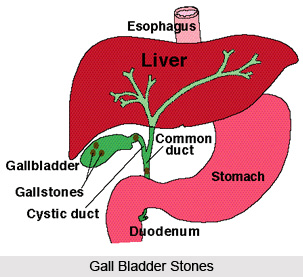
Gallbladder stones or gallstones are masses of fat and toxins mixed with bile that form in the gallbladder, just below the liver. They are caused by an imbalance in the chemical makeup of bile inside the gallbladder. High levels of cholesterol (which form cholesterol gallstones) and an excess in the brown and yellow waste product bilirubin (which causes pigment gallstones) are often the main culprits. These crystallised masses then harden over time, starting off as small as a grain, and occasionally growing to the size of a pebble. Gallbladder stones do not pose the same threat as kidney stones, though surgical removal of the stone of even the entire gallbladder may be recommended. Smaller gallstones can be effectively managed and eliminated with the right holistic treatment.
Gallbladder Stone Symptoms: Digestive issues, jaundice (yellow eyes and skin), pain in the upper right or central abdominal area, pain between the shoulder blades or on the right shoulder, nausea or vomiting. If high fever or chills are experienced, medical attention must be given. Do not ignore any of your gallbladder stone symptoms, and seek treatment as soon as you can.
What are the common gallbladder stone symptoms in Australia?
The common gallbladder symptoms in Australia are abdominal pain, accompanied with high fever, infections, jaundice, nausea and vomiting. Reach out to us at 1300 552 260 if you are looking for gallbladder stones treatment in Australia.
Who is more prone to gallbladder stones: Gallstones are more prominent in both men and women aged 40 and over who are obese or have recently lost weight. Those with digestive conditions (IBS, Crohn’s Disease) are more likely to develop gallbladder stones. Genetic factors may also be a cause for inevitable stone formation. Chronic antibiotic intake and poor eating habits can also lead to one or more stones forming in the gallbladder.
Gallbladder Diet: Foods to avoid with Gallbladder stones
Avoid fatty, fried and spicy food, if you have gallstones. This may also include your fast foods such as burgers, sugary packed juices, pizzas etc. You should also avoid sausages and fatty meats, butter, cream, processed cheese and bakery items such as cakes, muffins etc. These foods may trigger a painful episode of gallstones attack.
What foods to eat with Gallstones
Choose foods that like whole grains, lean meats, low or no fat-dairy products. Make sure to consume plenty of fruits and vegetables, and fibre. Staying hydrated is important, so drink plenty of water. For a more customised diet plan for gallstones, consult with us at 1300 552 260.
Difference Between Gall Bladder Stone and Kidney Stone
Gallbladder stones and kidney stones may sound similar to a layperson, but they affect different parts of your body and have different characteristics. Gallbladder stones, or gallstones, are formed in the gallbladder organ, which is a small organ beneath the liver. The gallstones are typically made of cholesterol and may cause pain in the upper abdomen area. Upper abdominal pain is just one of the many common gallbladder stone symptoms. If you are experiencing pain or have the above-mentioned gallbladder stone symptoms, book an appointment today with YATAN Holistic Ayurvedic Centre.
How to prevent gallstones
To prevent gallstones, it is significant to maintain a healthy weight. If you’re obese or overweight, start with regular exercising and consuming a well-balanced diet rich in proteins and fibre also support the gallbladder function.
How to prevent kidney stones
Staying well hydrated is important to prevent kidney stones. Reduce your high salt intake from foods. A balanced diet and regular exercise may support your kidney function. Furthermore, yoga poses such as Bhujangasna (cobra pose) or Paschimottanasana (seated forward bend) along with pranayama may also strengthen kidney health.
How Can Ayurveda Help Me If I Have Kidney and Gallbladder Stones?
Ayurveda can assist with managing kidney stone and gallstone symptoms. In mild cases, the stone may even be able to dissolve and dislodge itself with the assistance of an all-natural treatment plan. For severe and painful symptoms, you must seek immediate medical help.
If you’ve already received a diagnosis of a small, low-risk stone, you can elect to try the Ayurvedic management plan. In these non-severe cases, it is often debated, even among medical professionals, whether or not surgery is the solution. It may be a “quick fix”, but surgery does not guarantee stones from re-developing in your system.
Managing and treating the condition through holistic means that you can reap the benefits of a drugless, all-natural treatment plan while rejuvenating your entire system at the same time.
The Ayurvedic management process will, in such non-severe cases, be carried out as follows:
Step 1: Healing of the digestive system (herbal decoction phase)
This medicine will be decocted for you by a qualified Ayurvedic practitioner. Its purpose is to work on repairing and stimulating the digestive processes and organs. This is achieved by making use of Pitta-increasing and dosha-balancing herbs.
Step 2: Healing of the digestive system (dieting phase)
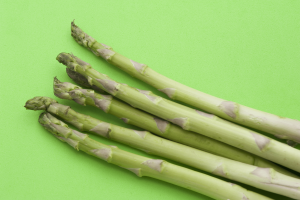
Dietary recommendations will be given to you as part of the digestion-healing phase. Depending on what you can and cannot tolerate, you will be given a customised dietary plan which will include foods that metabolise quicker while also aiding your overall system. Recommendations may include eating a diet rich in vegetables like asparagus and Choko (chayote), incorporating antioxidant fruit like pomegranate (known to relieve kidney and gallbladder pain), and even drinking a glass of limewater as soon as you wake up in the morning.
Step 3: Practising Yoga
Yoga is usually prescribed as an additional form of therapy regardless of the condition that may be present. Yoga will increase nourishment to your organs, stimulate their function, and speed up your overall recovery. Recommended Yoga poses in the case of kidney or gallbladder stones usually include Cobra pose, Boat pose, Locust pose, and the Shoulder Stand.
Step 4: Making overall lifestyle changes
Making lifestyle changes to complement your treatment and increase your overall wellbeing is pivotal when it comes to any form of treatment. Taking daily walks and spending more time in nature, upping your water intake, and taking time out to relax can all greatly contribute to your healing process.
Conclusion
Both kidney stones and gallbladder stones should not be taken lightly. Kidney stones in particular can cause severe infection and even become life-threatening. When surgery is recommended to you by your medical advisor, then that is the course to follow. But in less severe cases, natural holistic therapy, like Ayurveda, can work its wonders.

The Yatan Holistic Ayurvedic Centre in Sydney can help you achieve long-lasting and painless results through an all-natural and highly safe kidney and gallbladder stone management programme.
Are you looking for an all-natural way to manage kidney stones or gallbladder stones? Contact us today for a phone consultation or book an appointment online.
Frequently Asked Questions
How do kidney stone symptoms start?
Kidney stone symptoms start with a sensation of pain in the back or sometimes in the side, below the ribs. Other symptoms may include frequent urination, cloudy urine or a continuous urge to urinate.
What are 5 symptoms of having kidney stones?
The five symptoms of having kidney stones are:
- One-sided pain,
- Abdominal pain,
- Lower back pain,
- Nausea and
- Vomiting
How can I remove my kidney stones?
Modern medical treatment may include over-the-counter drugs for pain management, medications, or, in some cases, surgery for stone removal. In Ayurveda, the target is to eliminate the root cause that gives rise to kidney stones. It involves a series of steps, from diet modifications to the consumption of Ayurvedic herbs to the incorporation of yoga and pranayama, all customised and catered to an individual’s dosha and overall health.
How can I remove kidney stones without surgery?
If kidney stones are tiny in size, they may pass out naturally from the body by drinking plenty of water. You may also seek Ayurvedic treatment of kidney stones, if you wish to remove kidney stones without surgery.
What foods should be avoided in Ayurveda for kidney stones?
In Ayurveda, people suffering from kidney stones should avoid foods like spinach, beetroot, sweet potato, chocolate and nuts. They should also avoid consuming extremely spicy and sour foods. Maintaining a balanced diet, exercising and staying hydrated is key to keeping kidney stones at bay.
What are some herbs that may treat kidney stones?
Shilajit, Gokshura, and Tulsi are some herbs that may be used by an Ayurvedic practitioner to treat kidney stones.
How to reduce gallstones in Ayurveda?
Ayurveda may suggest dietary changes and lifestyle modifications to prevent the risk of gallstones. In addition, incorporating yoga, consumption of Ayurvedic herbs and drinking lemon water in the morning are some methods to facilitate gallstone reduction in Ayurveda.
What dissolves gallbladder stones fast?
Drinking a glass of lemon water in the morning may dissolve gallbladder stones fast.
Is ajwain good for gallstones?
Ajwain (carom seeds) are believed to have digestive properties that may help in preventing gallstone production by benefiting the digestive system. Consult an Ayurvedic practitioner before incorporating ajwain your diet.
How serious is gallbladder stone?
Gallbladder stone may lead to complications such as inflammation of the gallbladder or blockage in the bile duct.
What is the main cause of gallbladder stones?
The main cause of gallbladder stones is an imbalance in the bile, which may lead to formation of fat/cholesterol stones. Obesity and regular consumption of a high fat diet with a poor digestive health may also lead to gallbladder stone
Can you remove gallstones without surgery?
If the gallbladder stones are tiny in size they may be managed by adopting lifestyle changes and diet modification. You may also consult with us at 1300 552 260.
Disclaimer: This article is not intended to substitute medical advice. All information and resources referenced, including medicinal preparations, fitness, dietary and lifestyle recommendations, are based on the opinion of the author. Please consult a medical practitioner if you require advice or are experiencing any worrisome symptoms.

*Discover holistic healing with a complimentary phone or video consultation from our expert Ayurvedic practitioner. Start your path to better health today!*





















